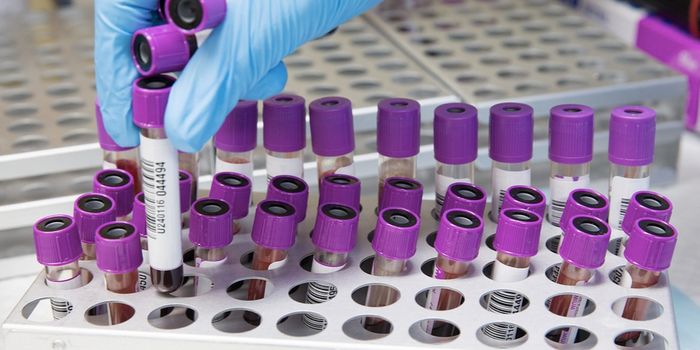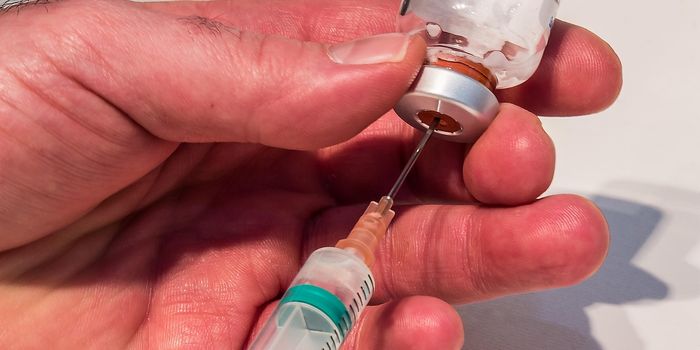
Statin use lower cholesterol, but don't lower colon cancer risks
Image Credit: SPL
Statins are often prescribed to help lower cholesterol levels, especially for patients at high risk for coronary heart disease. Interestingly, with the prevalent use of statins, doctors noticed a link between this drug, cholesterol, and colorectal (bowel) cancer. But whether statins or high cholesterol contribute to lower cancer risk was unclear. In a
recent study, researchers put this question to rest as they found that cholesterol levels, not statins, are behind the link to colorectal cancer.
High cholesterol is a risk factor for heart disease, which is the leading cause of death in both men and women. To help patients for whom diet and lifestyle changes aren’t quite enough, doctors often prescribe statins, formally known as HMG-CoA reductase inhibitors. As its name suggests, statins work to lower cholesterol by blocking a key enzyme, HMG-CoA reductase, which has a central role in the production of cholesterol. Though the primary outcome of statin use is reduced cholesterol, researchers have reported evidence that statins also reduce the risk for some cancer types, including colorectal cancer.
Led by Ben Boursi of the University of Pennsylvania, the team of researchers set out to clarify the link between the observed reduced colon risk and statin use. To do so, they analyzed over 100,000 patient records in a case-control study, comparing statin use and blood cholesterol level between the patients with colon cancer (cases) and those without colon cancer (controls).
The results were surprising, as they found that statins didn’t influence cancer risk, but rather, the anti-cancer effect came from cholesterol levels. More specifically, higher cholesterol showed reduced colorectal cancer risk – an inverse relationship that’s not yet explained.
"There appears to be an artificially protective effect of statins," said Ronac Mamtani, lead author of the study. "Although the risk of colorectal cancer was lower in statin users versus non-users, when we compared those who continued statin therapy versus those who discontinued the therapy, such that each group shared the same indication for statin therapy, there was no difference in risk."
The team reported that for every 1 mmol/L (~38.6 mg/dl) increase in total cholesterol level, the risk of colorectal cancer rose by 10 percent.
"Together, these data demonstrate a complex association between statins, cholesterol, and colorectal cancer," Mamtani said. "While unexplained decreases in blood total cholesterol should alert physicians to consider colon cancer as one potential explanation, future studies are needed to determine the utility of blood cholesterol as a marker for early detection of colon cancer."
Indeed, they found that patients diagnosed with colorectal cancer tend to show an unexpected drop in cholesterol levels about one year before their diagnosis. This information could potentially be leveraged to predict incidences of colon cancer before it becomes too late.
The results of the study pose an interesting conundrum for doctors and patients: lower cholesterol to stave off heart disease, or have lower colorectal cancer odds with higher cholesterol. Perhaps with more research behind the protective effects of cholesterol, a win-win medical solution will be emerge.
Additional source:
EurekAlert!









